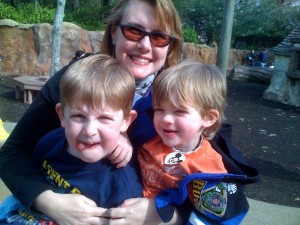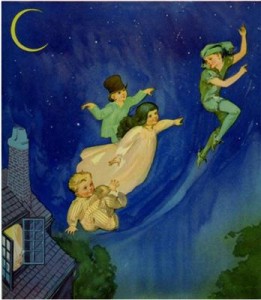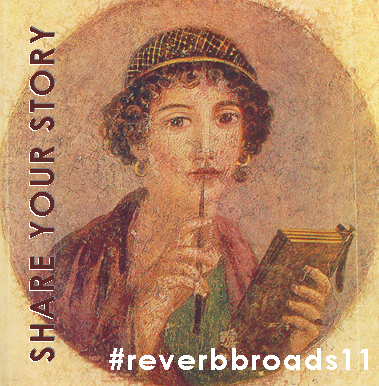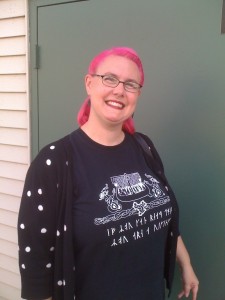 Psychology
Psychology  5 Comments
5 Comments Minnesota Nice
Things you should know about me
- I love volunteering for good causes
- I love making people feel good about themselves
- I love trying new things
- I love making people laugh
- I also use humor to defuse tense situations
- I need to feel useful
- I try to be honest, tactful, and polite, even when they seem mutually exclusive
- I frequently wear myself out doing things for others before I get around to taking care of myself
- I have an anti-authoritarian, rebellious, “Who the hell are you to tell me I can’t?” streak a mile wide
- I’m wild about democratic politics, but not interested in small group interpersonal politics, except in an abstract, anthropological way
- I love when my enthusiasm for something makes others enthusiastic too
- I somehow manage to have abysmal self-esteem and a sense of unflappable calm and competence in crises
- I probably like making lists a little too much
- I’m pretty riled up at the moment, so this is about as passive-aggressive as I get
- I’m pretty sure the people I’m upset with don’t read this blog
Things I don’t really enjoy
- Power politics in places you don’t expect them
- People who hoard information to guarantee their continued importance
- People who let someone else take fire as a leader, but continue to pull strings behind the scenes
- Finding out important things about an institution that radically change your understanding and expectations of what’s possible
- The belief that intellectuals can’t possibly know anything practical about the “real world”
- The stance that it’s not worth even trying new things because there’s the chance that they’ll fail
- Grown-ups who still rely on status cliques for a sense of importance
- People who won’t blow you off to your face, but who basically stopped listening before you started talking
- Being accused of selfish motives for taking on time-consuming, thankless volunteer work
- Finding oneself nominated by the method of everyone else taking a step backward while you stood still
- Being my own (and only) cheerleader
- Feeling like a project that’s meant to be helpful and positive is now nothing but a drag on time, energy, and emotional reserves
- Working on not being such a control freak, and then watching everything go directly to hell the minute I leave it alone
- Being hamstrung on projects that are important to me because I don’t play politics
- The why-am-I-even-trying-anymore kind of tired
Things I actually do enjoy
- Kids wanting to hug me, high-five me, say hi to me, tell me a joke, or ask when I’m coming back to their class, every time I walk down a school hallway
- When good, solid, simple plans work like they’re supposed to, defying others’ expectations of failure
- Having another project that actually is working, and doing good, and is appreciated
- People who feel like I’m approachable and non-judgmental, even when the group I represent leaves them feeling excluded from a secret society
- Helping friends
- Helping kids
- Helping strangers
- Helping anyone, anywhere, anytime I’m asked
- My hair color, even if I’m “too old” to be doing weird stuff like this
- A good old-fashioned bitch session
- People who support me when I go out on a limb with good intentions
- Participating in conversations that have no mysterious subtexts or power dynamics I don’t know about
- Making my own social group where the misfits feel welcome and valued
- A level playing field
- Offering a graceful way out of the corner someone has painted themselves into (eventually)
- The job-well-done kind of tired
 I saw my psychiatrist the other day for my regular check-in. As we went over the list of meds I’m taking, both those prescribed by him and those from other doctors, I said that the anti-depressant I’m on right now is working just fine, and that the only real change since I last saw him was that my pain management docs were having me transition from narcotic pain relievers for my fibromyalgia onto tramadol, a non-narcotic.
I saw my psychiatrist the other day for my regular check-in. As we went over the list of meds I’m taking, both those prescribed by him and those from other doctors, I said that the anti-depressant I’m on right now is working just fine, and that the only real change since I last saw him was that my pain management docs were having me transition from narcotic pain relievers for my fibromyalgia onto tramadol, a non-narcotic.




